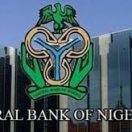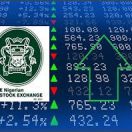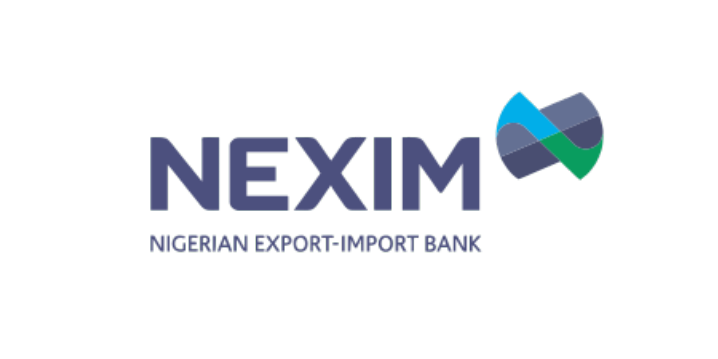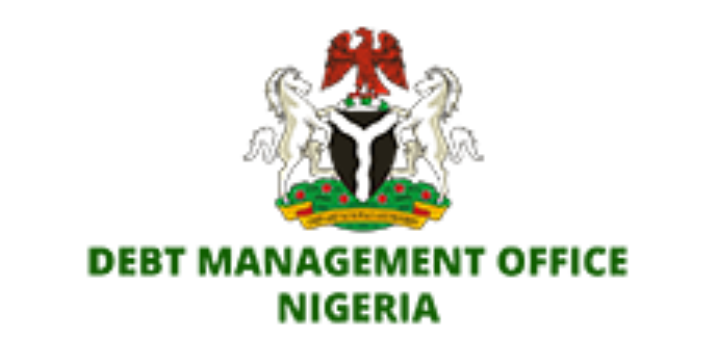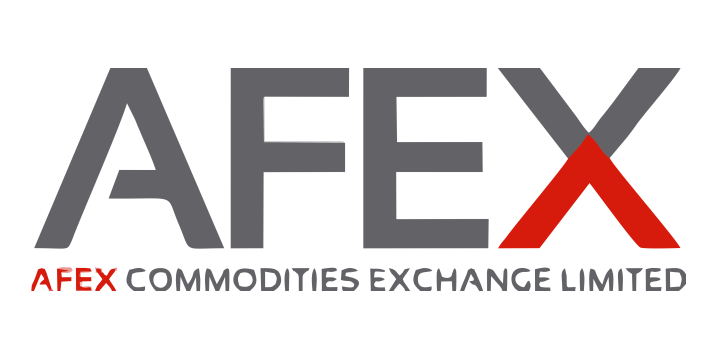The Nigerian stock market is experiencing a downturn characterized by a shortage of positive news, volatile FX market, rising inflation rates, and anticipation of another rate hike at the next Monetary Policy Committee (MPC) meeting. Investors are adopting a cautious approach amid expectations of further bearish trends following the fizzling out of first-quarter results momentum.
The market has witnessed a decline in month-to-date (MtD) performance, with year-to-date (YtD) returns decreasing to 30.67 percent as of May 13. Analysts are drawing parallels with the Wall Street adage “sell in May and go away,” suggesting that the summer months typically signal a downturn in the stock market.
Projections indicate a potential 5 percent decline in May, driven by factors such as anticipated monetary policy tightening, recapitalization exercises in blue-chip companies, and persistent foreign exchange (FX) challenges impacting profitability. The expected increase in the supply of new shares and continued FX woes are likely to exert downward pressure on share prices.
Analysts foresee the bearish sentiment persisting, with further monetary policy tightening exacerbating selling pressure. The fixed income market remains an attractive alternative, dampening enthusiasm for equities investments. Economic data releases, particularly the April 2024 inflation report, will influence investor sentiment.
Despite recent corrections influenced by the Central Bank of Nigeria’s contractionary policy and attractive fixed-income yields, the equity market’s year-to-date performance remains robust. Increased foreign portfolio investment and investor confidence stemming from ongoing reforms contribute to this resilience.
In summary, the Nigerian equities market is navigating a challenging environment characterized by cautious investor sentiment, persistent FX challenges, and anticipated policy tightening. While short-term outlook remains subdued, the market’s long-term prospects are bolstered by foreign investment inflows and confidence in the economy’s reform agenda.
Source: Business Day




